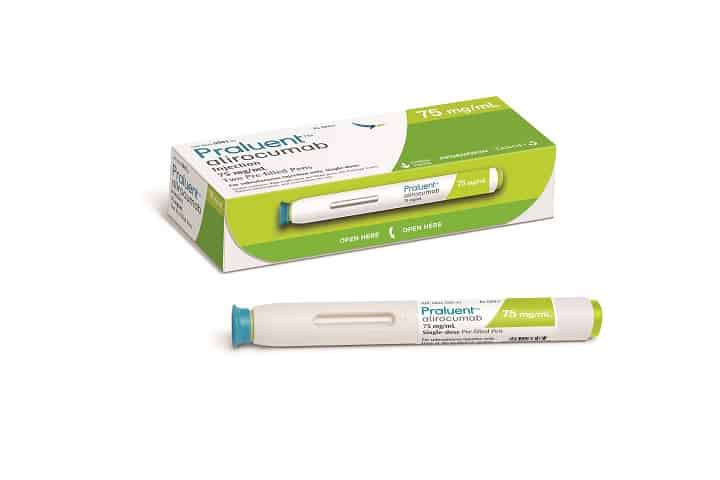
Amgen, Sanofi cholesterol medicines “not cost-effective”, need to drop price by two-thirds
pharmafile | August 17, 2016 | News story | Research and Development, Sales and Marketing | Amgen, QALY, Regeneron, Repatha, Sanofi, cost effective, cost-effective, praluent
A new study published in JAMA has suggested that Amgen, Sanofi and Regeneron would have to reduce their prices for cholesterol lowering therapies, such as Repatha (evolocumab) and Praluent (alirocumab), by up to two thirds to make them cost effective in the US.
The range of drugs are called proprotein convertase subtilisin/kexin type 9 (PCSK9) inhibitors. They work by lowering LDL cholesterol. The study, however, found that at 2015 annual cost levels of $14,000, the drugs would not be cost effective for patients with heterozygous familial hypercholesterolemia or atherosclerotic cardiovascular disease.
The researchers indicate: “Although new, expensive therapies indicated for short duration or for treatment of rare conditions have this far been absorbed by the budgets of health systems, the high cost of PCSK9 inhibitors is uniquely challenging.” They point to the lifelong nature of this form of treatment being a key driver of this challenging issue.
They add: “As a result, the potential increase in health care expenditures at current or even moderately discounted prices could be staggering.” The researchers use the quality adjusted life year (QALY) measure to judge the drug’s cost effectiveness.
To reach a cost-effective price of less than $100,000 per QALY, the annual drug costs would need to be reduced from $14,350 to $4,536 per patient, according to the researchers.
The team concludes: “In the face of limited health care resources, payers must consider the potential trade-off between paying for new drug treatments like PSCK9 inhibitors and investing in interventions known to improve access, physician prescription rates, and patient’s adherence to statin therapy among those at high atherosclerotic cardiovascular disease risk.”
In response, Sanofi and Regeneron have said that the research “exaggerates real-world use of PCSK9 inhibitors”. Amgen indicated that it “strongly believes in the clinical and economic value of Repatha”, pointing out that other studies have suggested a “value-based price” for Repatha of as much as $15,000.
Sean Murray
Related Content

FDA approves Amgen’s Imdelltra for extensive-stage small cell lung cancer
Amgen has announced that the US Food and Drug Administration (FDA) has approved Imdelltra (tarlatamab-dlle) …

Fulcrum Therapeutics and Sanofi enter collaboration for facioscapulohumeral muscular dystrophy treatment
Fulcrum Therapeutics has announced that it has entered into a collaboration and license agreement with …

Sanofi adds €1bn funding for biomanufacturing projects in France
Sanofi has announced that it has made a new investment of at least €1bn for …







